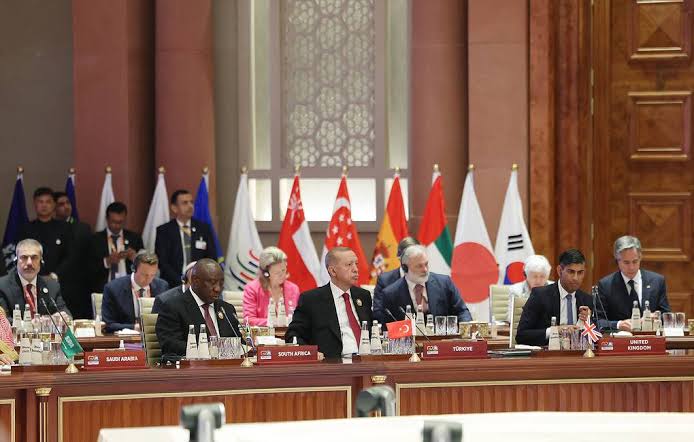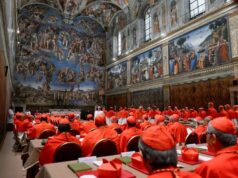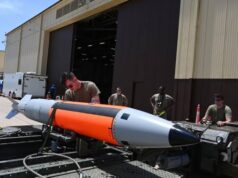G20 Parliamentary Speakers’ Summit calls for Russian grain deal revival

This is necessary to meet demand in developing and least developed countries, primarily in Africa, they noted in a joint statement
The G20 Parliamentary Speakers’ Summit (P20) has called for the resumption of the Black Sea Grain Initiative by implementing all its terms, including unimpeded exports of food and fertilizers from Russia, according to the joint statement adopted at the ninth P20 summit.
“We appreciate the efforts of Turkey and UN-brokered Istanbul Agreements consisting of the Memorandum of Understanding between the Russian Federation and the Secretariat of the United Nations on Promoting Russian Food Products and Fertilizers to the World Markets and the Initiative on the Safe Transportation of Grain and Foodstuffs from Ukrainian Ports (Black Sea Initiative), and call for their full, timely and effective implementation to ensure the immediate and unimpeded deliveries of grain, foodstuffs, and fertilizers/inputs from the Russian Federation and Ukraine. This is necessary to meet the demand in developing and least developed countries, particularly those in Africa,” the statement said.
In this context, the summit participants called “for the cessation of military destruction or other attacks on relevant infrastructure.”
In addition, the statement emphasized that concerning the impacts of the Ukraine conflict on global food and energy security and supply chains, “there were different views and assessments of the situation.”
The grain initiative and the memorandum of understanding on Russian grain and fertilizer exports were supposed to be implemented simultaneously and in parallel, however, in fact, only the grain deal was implemented. The European Union and the United States have not met any of Russia’s conditions set out in these agreements, including by waiving sanctions on banks and financial instruments so as to pay for Russia’s exports of grain and fertilizers. The UN’s all attempts to enforce the terms of the agreements were rejected by Brussels and Washington.
As a result, the Black Sea Grain Initiative ceased to function on July 17. Russian President Vladimir Putin reiterated that most of the Ukrainian grain had been exported to Western countries, whereas the main goal of the deal to supply grain to poorer countries, including African ones, had never been achieved. On August 10, the Ukrainian Navy announced so-called temporary corridors in the Black Sea for merchant vessels sailing to or from the ports of Chernomorsk, Odessa and Yuzhny. Kiev warned that the risk of military attack and collision with mines persisted on the route, so passage would be granted only to vessels whose owners and captains officially confirm their readiness to sail in such conditions.




